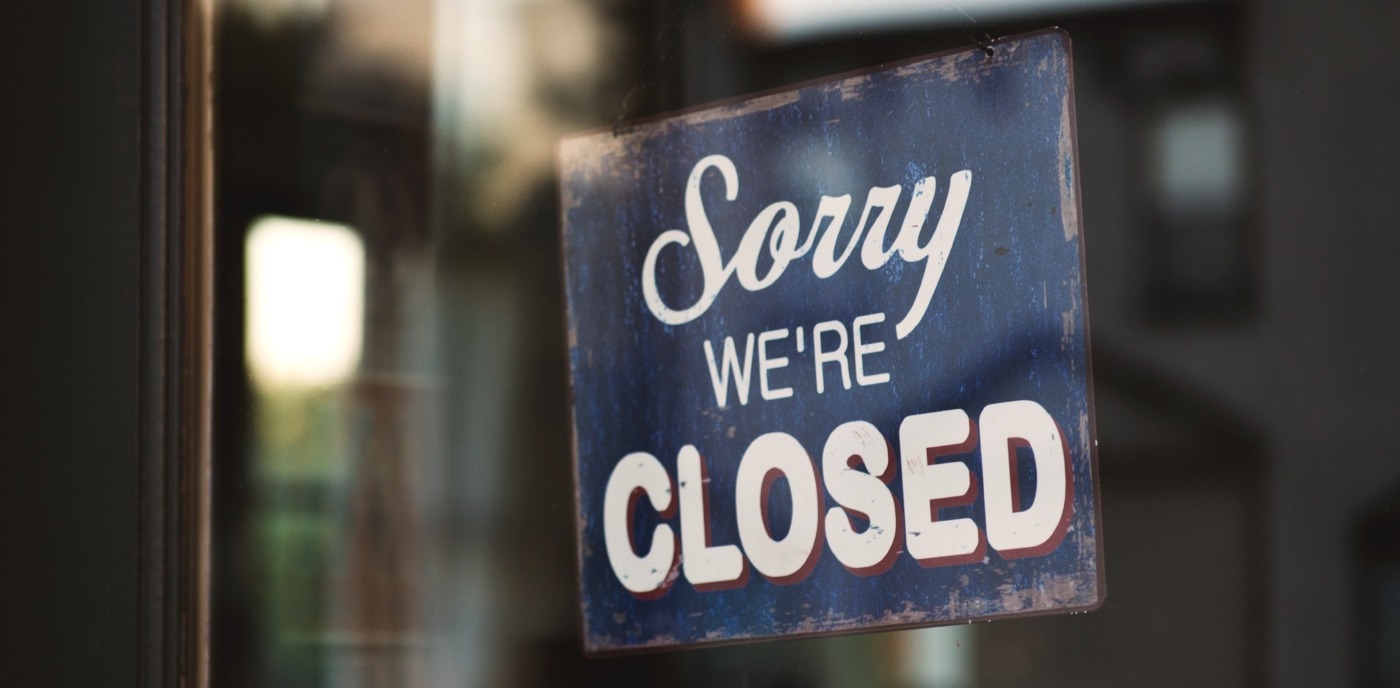Stopping shopping? Why we should continue to buy online
Coronavirus has forced individuals to appreciate the past. As the world virtually shuts down, our livelihoods and living standards have become reminiscent of previous generations. During supermarket purchases, individuals are told only to buy what is necessary. The delay in supply chains means certain foods are prioritised at the expense of products that aren’t necessities. By spending more time indoors, the conventional wisdom is that shopping is in decline. With shops in every town shut and little travel taking place, that would seem reasonable. But is it the case?
Not according to Royal Mail. The increase in online shopping would suggest that those who deliver our products have a greater task than usual. Postal workers have walked out of their jobs in eight Royal Mail sites because of safety concerns. Workers have expressed their fears over touching ‘850 letterboxes’ with no protection. This is despite the company purchasing ‘400,000 bottles of hand sanitiser’ and spending ‘£15 million on protective equipment’.
Clearly then, our shopping habits have not disappeared. While the physical shops have shut, they have simply been replaced by online resources. The freedom that online equivalents and sites like Amazon provide means our purchasing can remain much the same. However, Royal Mail want people to only purchase ‘essential’ products. It is a nebulous, ambitious phrase. What counts as essential? A product that may in one context appear a pure unnecessary purchase may in another context be required for a reasonable standard of living.
While there are no laws preventing people from buying excessive amounts online, it may seem morally wrong in times when workers face increased risks
Online shopping in these times is less of a legal issue but more a moral one. While there are no laws preventing people from buying excessive amounts online, it may seem morally wrong in times when workers face increased risks. I have purchased books from Amazon during coronavirus, simply because I had a Gift Card to spending and literary treasures that I wanted to purchase. I can understand why people would completely oppose this, but with no advanced delivery settings, I felt it was justifiable.
All of these decisions link to the economy. While the health implications of coronavirus are clearly disastrous, the economic consequences are likely to be long-lasting. As the Office for Budget Responsibility argued, the UK economy could shrink by 35%. With the UK entering a severe recession, if not an economic depression, our future prospects are not positive.
Businesses are likely to shut down, however strong the government’s support is. This will reduce future living standards and damage job opportunities. With this, people will lose their jobs and live a less meaningful life. While it is saddening to raise this information, it is a realistic future prospect. Billions that the government has spent will be paid back by our generation in higher taxes and reduced public expenditure. Just as the virus will damage so many, any response to the virus that shuts down the economy will have serious implications.
Both citizens and governments have a duty to minimise the health and economic damage of a pandemic that has permanently altered the world
Do consumers have a moral duty to purchase products? While some of my money will no doubt go towards Amazon, my books were being sold by other companies. They undoubtedly employ people who will have received wages thanks to my purchases. While workers at Amazon are dreadfully exploited, my purchase will have ensured they are continually paid. It is about a matter of balance. My Gift Card had already been spent; I could have allowed it to expire and purchase nothing. However, why should I deny myself some literary exploration?
The situation for workers at online companies clearly needs to be improved. According to the BBC, Amazon fired a employee in New York who organised a group of workers protesting against the lack of safety regulations in warehouses. Despite this, Amazon are looking for 100,000 extra workers in the US and increasing pay by £2 per hour in the UK, demonstrating they are doing something. We can all have an idealistic view about companies being perfect for workers but that is unlikely to fully be the case. Until then, both citizens and governments have a duty to minimise the health and economic damage of a pandemic that has permanently altered the world.

Comments